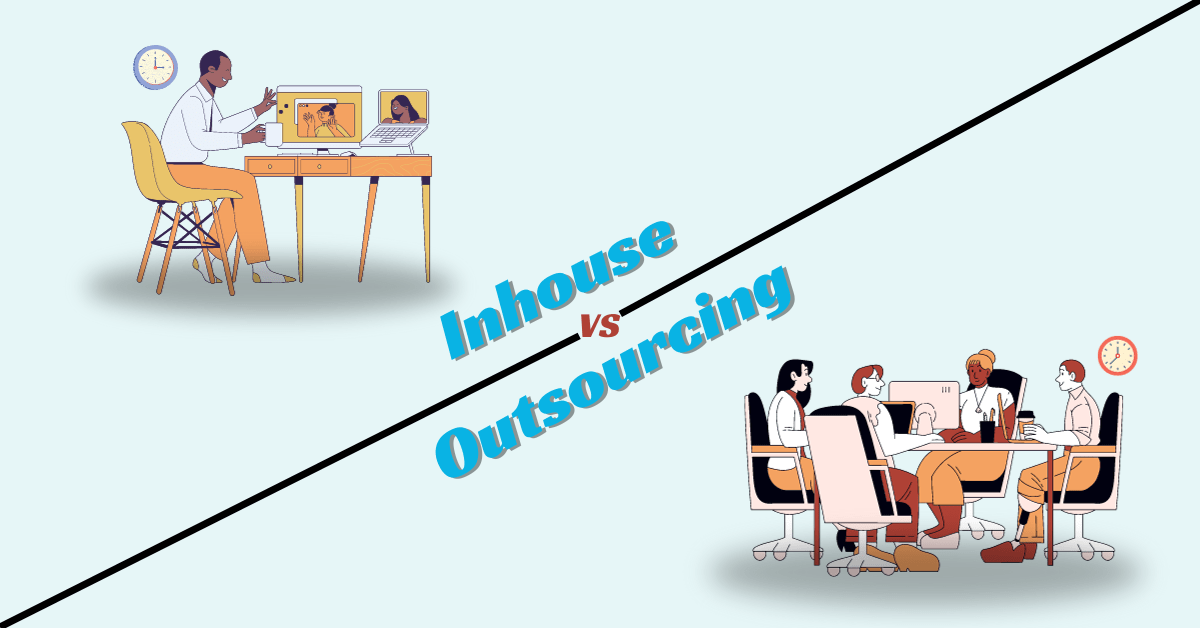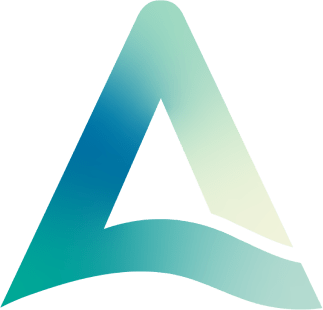The decision between building an in-house team or outsourcing specific roles and functions is a pivotal one for today’s businesses. As the business landscape diversifies and digitises, this choice has profound implications on efficiency, cost, and overall strategy.
The Case for In-House Teams
1. Organisational Cohesion: Having an in-house team can lead to a harmonised organisational culture. Shared objectives, values, and a mutual sense of purpose can be easier to foster when everyone is part of the same organisational fabric.
2. Real-time Collaboration: With team members readily accessible, brainstorming sessions, problem-solving, and decision-making processes can be more spontaneous and efficient. No more waiting for replies from a different time zone or navigating language barriers.
3. Safeguarding Intellectual Assets: For businesses that hinge on proprietary tools, technologies, or strategies, having an in-house team can ensure these vital assets remain confidential and shielded from competitors.
Going In-House Comes with its Set of Challenges
1. Financial Commitments: Establishing a full-fledged team requires significant initial investment. Salaries, benefits, office space, training, and other overheads can strain resources, especially for startups and SMEs.
2. Risk of Limited Perspectives: While in-house teams have the advantage of shared perspectives, this can sometimes become a double-edged sword, potentially leading to a lack of diverse viewpoints and innovation.
The Strengths of Outsourcing
1. Cost Optimisation: Outsourcing often offers notable savings. A study by the National Outsourcing Association noted that UK businesses reported an average 13% cost savings through outsourcing.
2. Global Talent at Your Fingertips: With outsourcing, geographical boundaries blur. This means businesses can tap into global talent pools, accessing specialist skills and expertise which may be scarce or expensive locally.
3. Scalability on Demand: Outsourcing offers the elasticity to scale operations based on demand, ensuring businesses aren’t overstaffed during lean periods or understaffed during peak times.
Outsourcing is Not Without Its Caveats
1. Communication Hurdles: Collaborating across time zones can sometimes delay projects, and cultural differences might lead to misinterpretations.
2. Perceived Control Dilution: Entrusting critical functions to external entities can sometimes lead to a feeling of relinquishing control over quality and delivery timelines.
Striking the Right Balance
The in-house vs outsourcing debate isn’t binary. Many contemporary businesses in the UK and beyond have embraced a hybrid model, judiciously choosing what to keep in-house and what to outsource based on strategic imperatives.
Key considerations should include the nature of the project, integration needs with core functions, and the level of specialist expertise required. But with careful deliberation, businesses can harness the strengths of both models.
Aecor is perfectly positioned to help those businesses leaning towards outsourcing. We are a UK based company renowned for its bespoke software development solutions, including web & mobile applications and providing expert resources. Our client relations are managed from the UK which helps mitigate the risks of outsourcing, but our development house is in India which means we have global and scalable talent at cost effective pricing.







